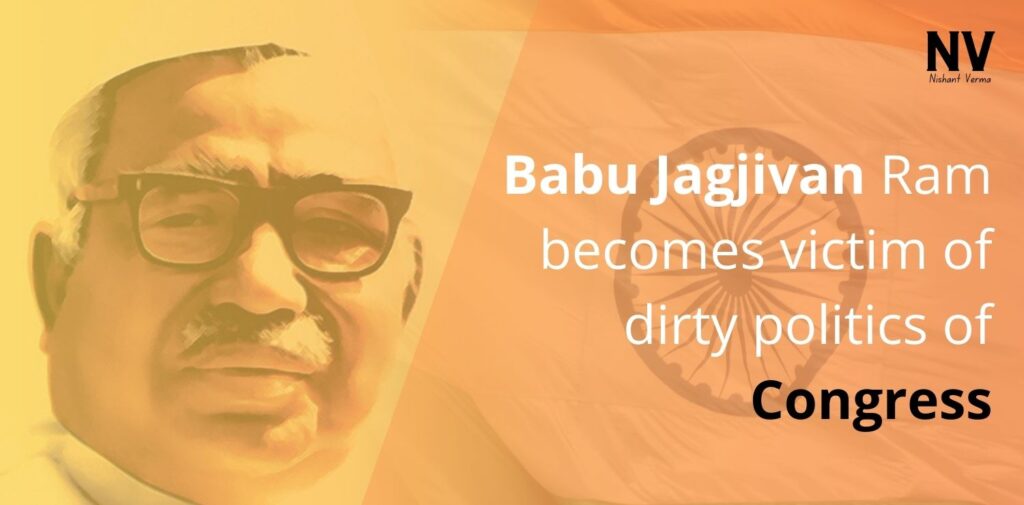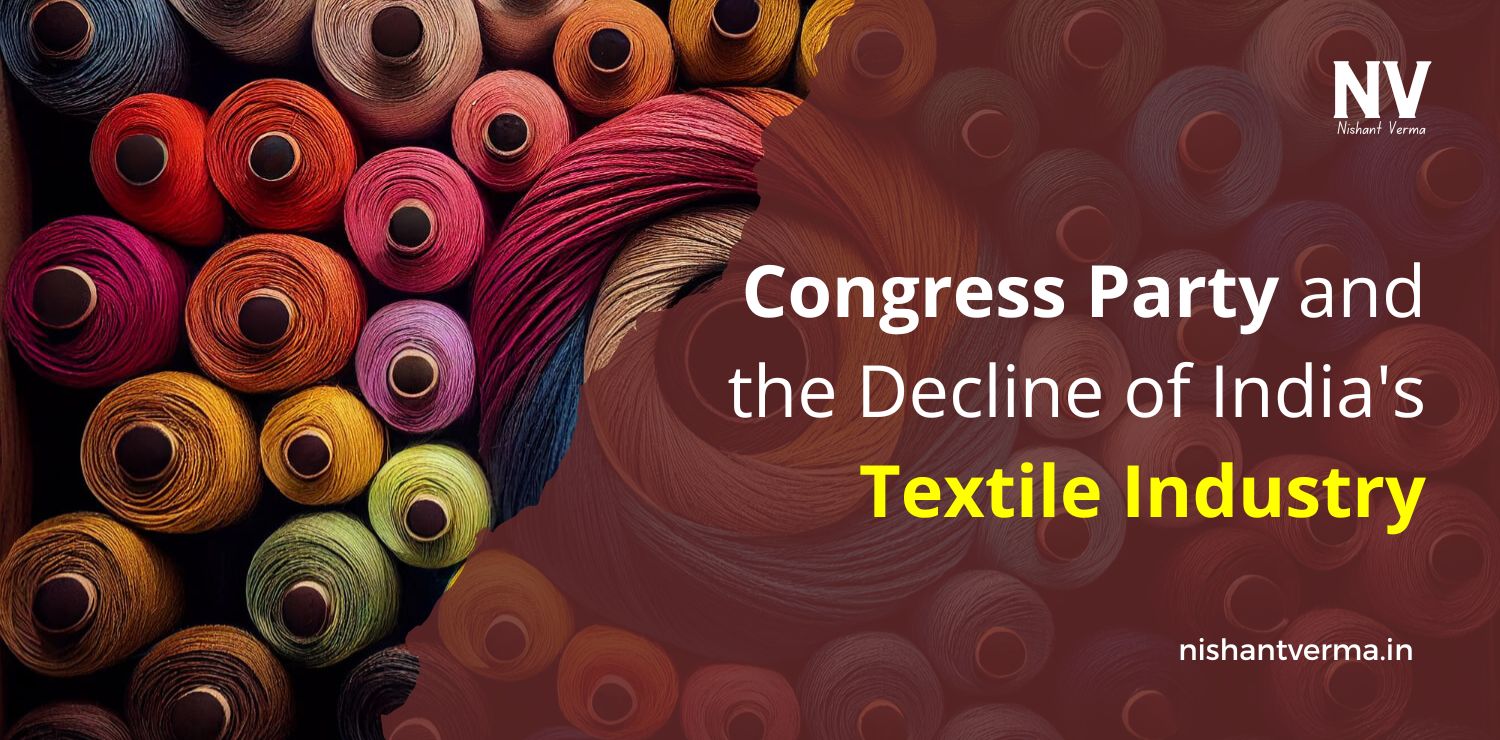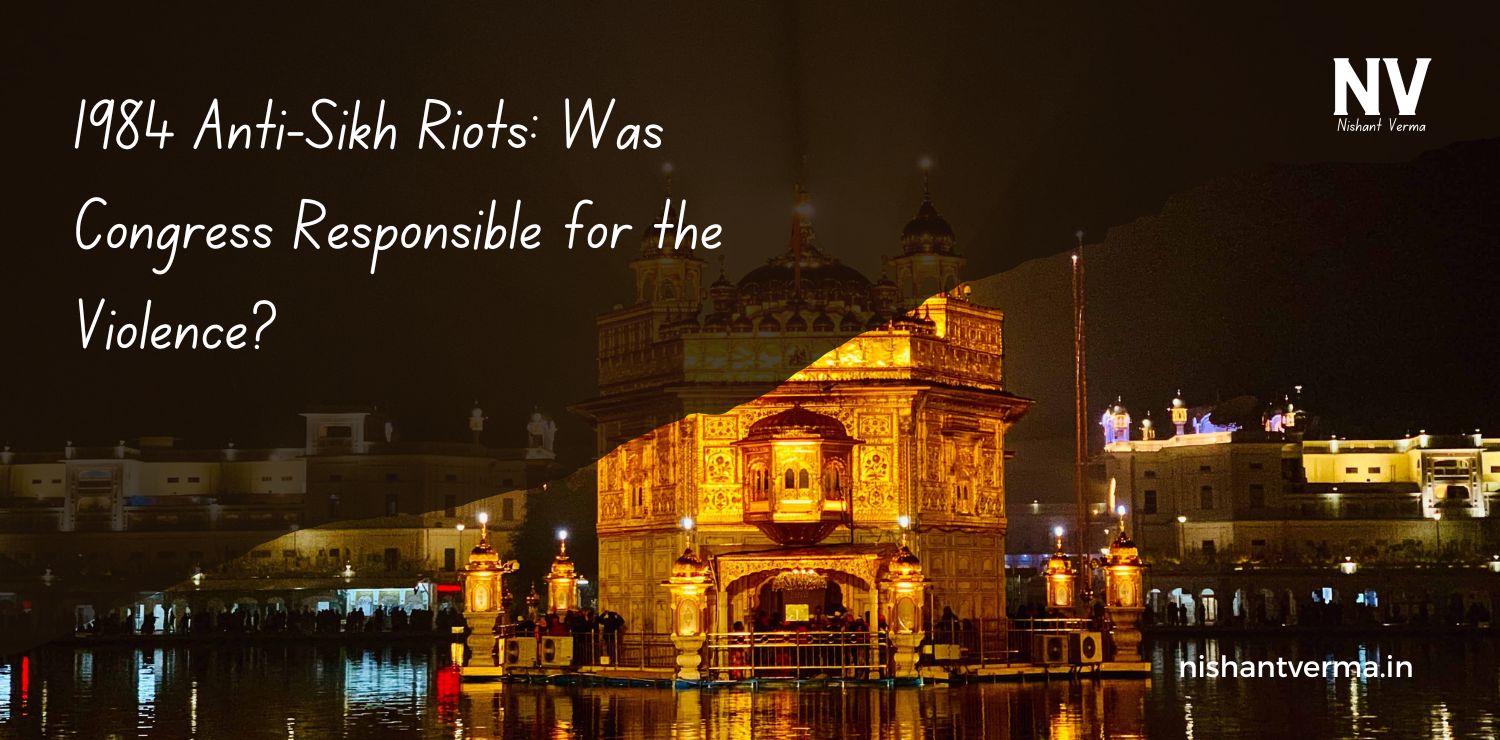Babu Jagjivan Ram, affectionately known as Babuji, was a prominent Dalit leader and a veteran politician in Indian history. He played a pivotal role in shaping modern India, serving as a Cabinet Minister under multiple prime ministers, and contributing significantly to defense and agricultural policies. Despite his vast experience and loyalty to the Congress Party, he was strategically kept from becoming India’s Prime Minister, a decision often attributed to internal party politics and societal biases.
Who Was Babu Jagjivan Ram?
Born in 1908, Babu Jagjivan Ram emerged as one of the foremost Dalit leaders, representing the underprivileged sections of society. He joined the Indian independence movement and became an ardent advocate for social justice, equality, and economic reforms. Over the years, he established himself as a key figure in the Congress Party and became known for his proficiency in handling ministries like defense, agriculture, and labor.
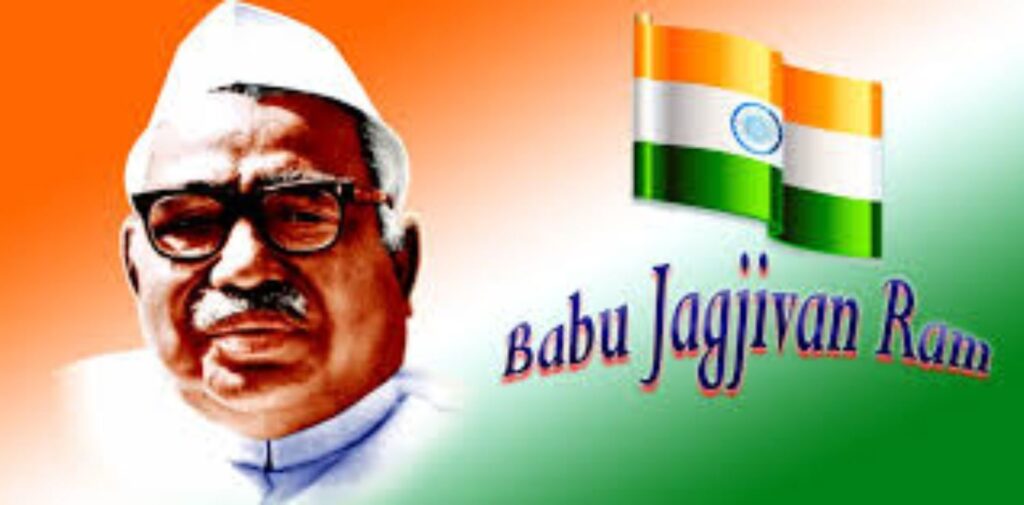
Jagjivan Ram’s reputation as a competent and capable leader grew steadily. He was pivotal during the Indo-Pak wars and introduced critical reforms that boosted India’s agricultural productivity. His capabilities made him a natural choice for leadership roles, but he was never allowed to reach the pinnacle of power—the Prime Minister’s position.
How Congress Prevented Him From Becoming Prime Minister
Despite his stature, Jagjivan Ram never became Prime Minister. The reasons for this are steeped in both the political dynamics within Congress and the social realities of the time.
Internal Politics in Congress: During the 1977 elections, when Indira Gandhi’s Congress suffered a massive defeat due to the Emergency, the Janata Party, an amalgamation of anti-Congress parties, came to power. Jagjivan Ram had broken away from Congress and formed the Congress for Democracy (CFD). He was a key figure in uniting the opposition but, despite his seniority and mass appeal, Morarji Desai was chosen as the Prime Minister. Many believe that the decision was influenced by Congress leaders who were uncomfortable with a Dalit leader taking the top position.
Morarji Desai’s Political Maneuvering: Jagjivan Ram’s name was floated as a potential Prime Ministerial candidate even within the Janata Party. However, Morarji Desai, a seasoned politician, outmaneuvered him. It was suggested that Desai had a tacit understanding with key Congress leaders to ensure that Jagjivan Ram was kept out of contention, further highlighting the caste prejudices that permeated political decision-making at the time.
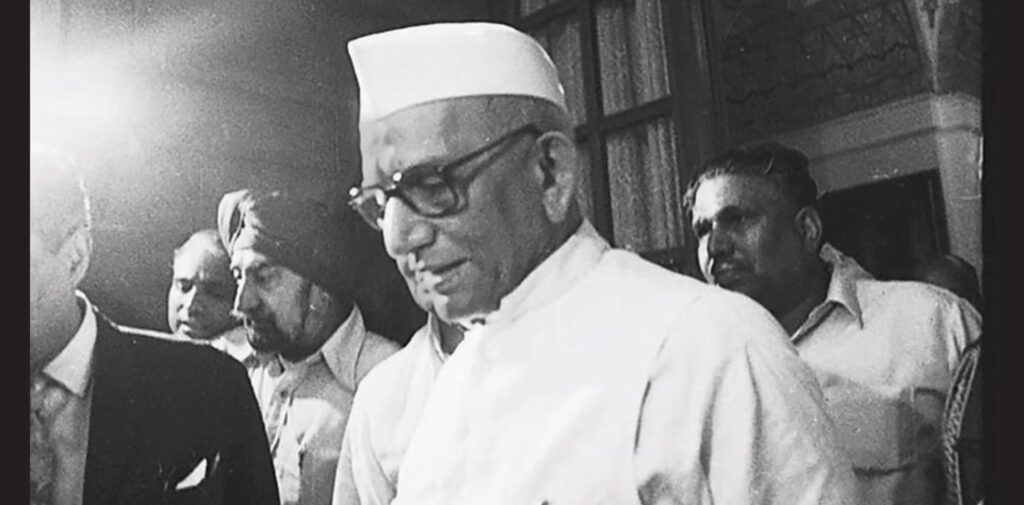
Bias and Societal Prejudices: While it is true that political maneuvering played a part, societal prejudices cannot be overlooked. India, even after independence, struggled with deep-rooted caste biases. Despite Jagjivan Ram’s qualifications, being a Dalit made it difficult for the political establishment and the upper-caste-dominated Congress to accept him as the head of the government.
The Aftermath and Consequences
Jagjivan Ram continued to be a significant political figure until his death, but the episode left a lasting scar on Indian politics. It exposed the reality that caste-based discrimination was not just a societal issue but was deeply entrenched in the political machinery. His exclusion from the Prime Ministerial race also had far-reaching implications for the Dalit community, which saw the incident as evidence that merit and contribution were secondary to one’s caste.
Revealing the Real Truth Hidden by Congress
Congress’s role in sidelining Jagjivan Ram is seldom discussed in mainstream narratives. The party, known for its emphasis on secularism and social justice, failed to promote a leader who embodied these very values. Even today, the role of Congress in keeping Babuji out of power is shrouded in secrecy. Many of his contributions have been underrepresented, and his legacy has not been given the due credit it deserves.
It is also worth noting that many Congress loyalists argue that it was political expediency rather than caste prejudice that led to Jagjivan Ram’s exclusion. However, historical records and testimonies suggest otherwise. His exclusion speaks volumes about how caste biases influenced major political decisions, even at the highest levels of power.
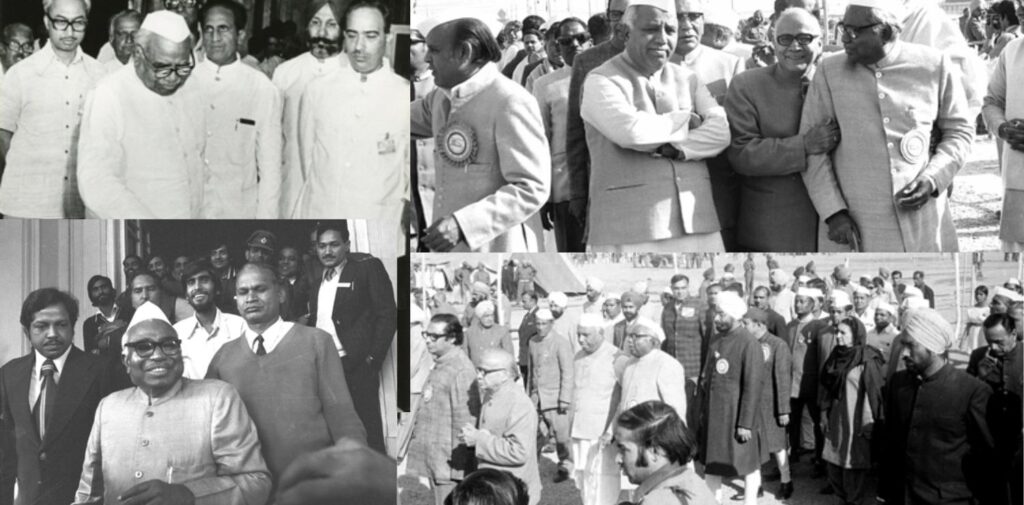
Conclusion: A Missed Opportunity for Indian Democracy
Babu Jagjivan Ram’s exclusion from the Prime Minister’s position is one of the most significant yet under-discussed events in Indian political history. Had he been given the opportunity, he could have brought about transformative changes, especially for the marginalized sections of society. His story is a stark reminder that, despite the progress India has made, caste-based prejudices continue to influence our politics.
Today, remembering Babu Jagjivan Ram is not just about acknowledging a leader but also about recognizing a missed opportunity for Indian democracy to evolve beyond caste and political biases. Congress, which often positions itself as the champion of social justice, must confront its own past and come to terms with the fact that it failed to support a leader who stood for the very values it claims to uphold.

